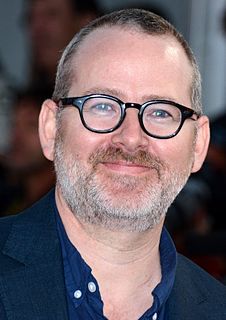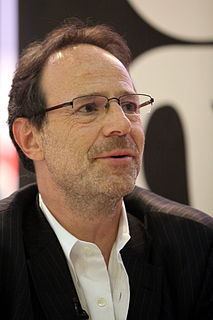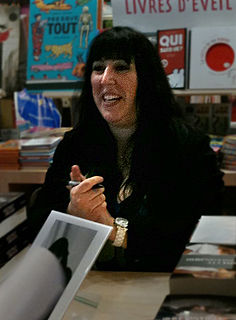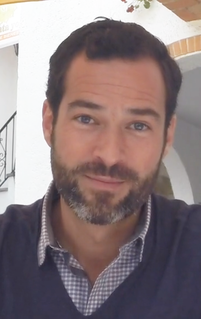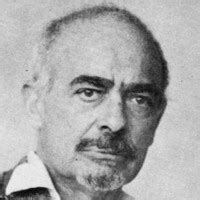A Quote by Sara Sheridan
People were consuming on average less calories after the war than during the war. Things were still very tough. If you look at the film footage of London streets, even in areas which weren't slums, there are kids in the streets who are dirty and have no shoes on. It was rough. There was a real edge.
Related Quotes
When you say that after World War I there was a pandemic that killed more people than the war itself, most will say: "Wait, are you kidding? I know World War I, but there was no World War 1.5, was there?" But people were traveling around after the war, and that meant the force of infection was much higher. And the problem is that the rate of travel back then was dramatically less than what we have nowadays.
My mom and dad are from the streets. My mom's from Chicago. My dad's from Memphis. My dad got out of school and got with my mom. They were hustlers. They were from the streets. They were doing their thing. The streets ain't got no love for the streets. You can light up the streets, or be a victim of the streets.
My mother died yesterday, yesterday many years ago. You know, what amazed me the most the next day after her leaving was the fact that the buildings were still in place, the streets were still full of cars running, full of people who were walking, seemingly ignoring that my whole world has just disappeared." (rough translation)
We're in the Chicago suburbs, ruling our 'hood and the streets that lead here. It's a street war, where other suburban gangs fight us for territory. Three blocks away are mansions and million-dollar houses. Right here, in the real world, the street war rages on. The people in the million-dollar houses don't even realize a battle is about to begin less than a half mile from their backyards.
During my childhood and teenage years, everything I knew was at war. My mother and father were at war. My sister and I were at war. I was at war with my atypical nature, desperately trying to fit in and be normal. Even my genes were at war - the cool Swiss-German side versus the hot-headed Corsican.
Seriously, if I switched on the TV and they were showing live footage of an army of fire-breathing pterodactyls machine-gunning people to death on the streets of London right outside my door, I'd be horrified, but not entirely surprised, nor any more scared than I already am. I'd probably just shrug and wait for them to smash the door down. We're so screwed, I don't even know what to worry about first.
It is the first time since 1993 that Russians have come out into the streets without an explicit permission from the government to do so. The main difference between the protests of 2011-2012 and these protests today is that they didn't have permits. These were - the people who were coming out into the streets were very young people, for the most part, who knew that they were all risking arrest. It's an extraordinary event.
When I was arrested opposing the war in Vietnam in 1965, as I said about 20 or 30% of people were opposed to the war. By 1968, more than half of Americans were opposed to the war. If you pull in Europeans, Canadians, people from around the Third World, the war was vastly unpopular. But even half of Americans by 1968 opposed the war.
Once the war began, the government could do anything 'necessary' to win it; so it was with the 'final solution of the Jewish problem,' which the Nazis always talked about but never dared undertake, not even the Nazis, until war and its 'necessities' gave them the knowledge that they could get away with it. The people abroad who thought that war against Hitler would help the Jews were wrong. And the people in Germany who, once the war had begun, still thought of complaining, protesting, resisting, were betting on Germany's losing the war. It was a long bet. Not many made it.

